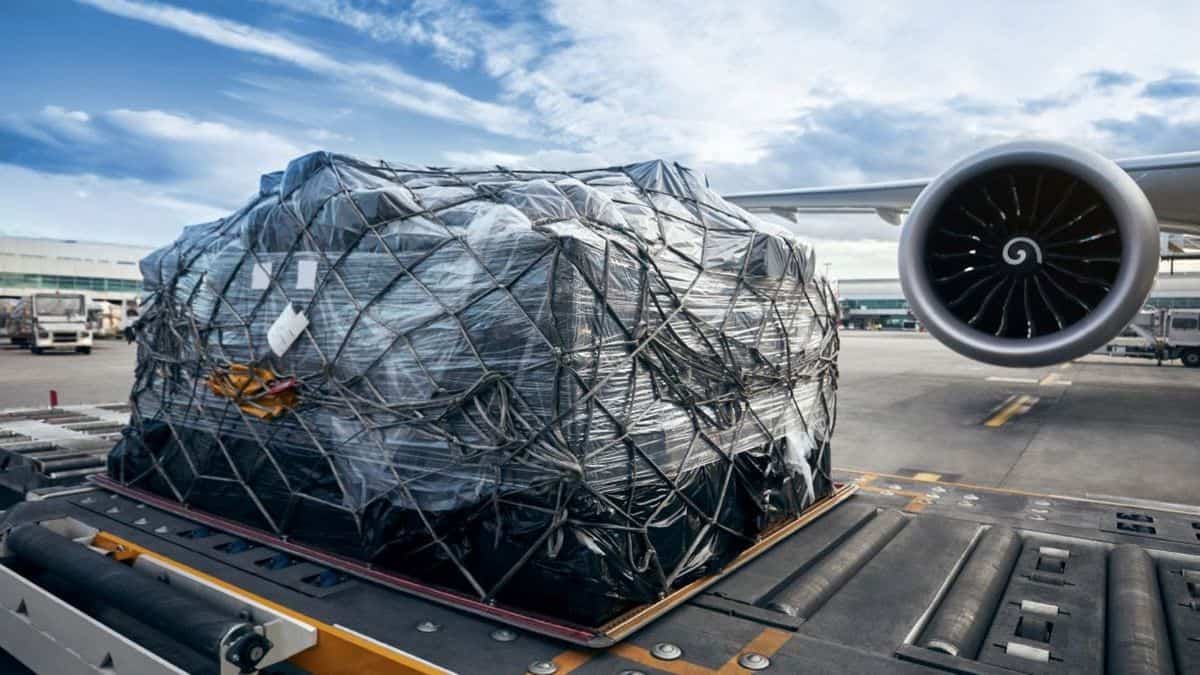Airfreight rates to the U.S. plateaued in mid-August after rising for more than a month, influenced by a drop in demand from South China and passenger airlines temporarily adding more capacity. Still, finding affordable air transport in Southeast Asia, writ large, is difficult.
The dip freight activity isn’t expected to last long as retailers gin up shipments for the peak season buildup to the holidays.
Shippers paid $0.02 cents less per kilo for air transport from China to the U.S., with a $0.34 price drop from Shanghai nearly canceled out by a $0.30 hike in outbound Hong Kong rates.
Airlines, especially express carriers FedEx and UPS, have scaled back flights to Hong Kong because some pilots are refusing to fly there because of aggressive testing and quarantine procedures aimed at stopping a new coronavirus outbreak.

(Source: TAC Index, Freight Investor Services)
China rates to Europe dipped $0.15, led by an 8% drop in rates out of Shanghai,according to The Air Freight Index Co., which benchmarks industry rates. Rates increased slightly on trans-atlantic routes, highlighted by increases of 4% and 2.4% for Chicago to Europe and Frankfurt to the U.S., respectively.
Logistics specialist Flexport continues to report severe capacity shortages in Southeast Asia and Taiwan, with very little relief expected for the remainder of the year.
Increased capacity from passenger airlines returning more flights to service contributed to the rate-growth pause on certain trade lanes, but the supply bump should be temporary because U.S. and other airlines are trimming winter schedules in anticipation of a steep drop in leisure travel with schools back in session.
Among the sources of new capacity: A rapprochement between China and the U.S. over aviation service, amid ongoing diplomatic tensions, is adding eight weekly widebody flights between China and the U.S.; Qatar Airways has added six destinations in August, including Houston and Philadelphia, bringing its network to more than 550 weekly flights and 85 destinations; and German freight forwarder Dachser recently launched a dedicated weekly private charter service with Boeing 747-400 freighters between Frankfurt and Chicago
Meanwhile, more lagging data came in showing the air cargo market continues to rehabilitate for the coronavirus shock. The U.S. Department of Transportation said U.S. and foreign airlines carried 5.3% less cargo by weight between the U.S. and foreign points in June, year over year,, despite a rise of almost 11% in cargo between the U.S. and Asia. June’s decline was smaller than decreases in March (-17%), April (-16%) and May (-14%).
And World ACD, a market data firm, said July airfreight volume was 8.2% more than in June. But on an annualized basis, July 2020 was 18.5% worse than last year – an indication of how much more the industry has to go to get back to normal. Prices were still 62% higher year-over-year, on average, but fell 9% from June to $2.83 per kilogram and airlines experienced their first drop in cargo revenue since the pandemic started.
If you’re wondering why a 19% drop in cargo volume can send prices 60% higher consider that there is 20% less available space for shipments in the air transport network because so many passenger aircraft are still out of service.
World ACD figures for the first week of August showed a 0.3% dip in global volume and a 2% drop in prices.
Click here for more FreightWaves/American Shipper stories by Eric Kulisch.
RELATED NEWS:
Air Cargo Market: Brace for big rate hikes
Pressure on air cargo rates from China keeps increasing
FedEx pilots urge company to suspend Hong Kong flights over COVID mandates












